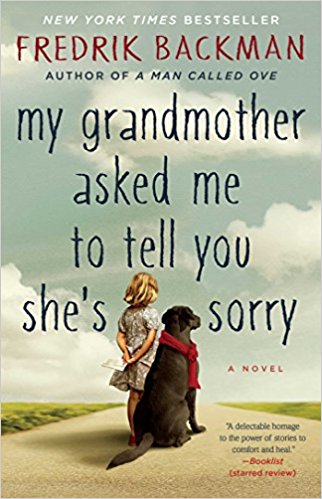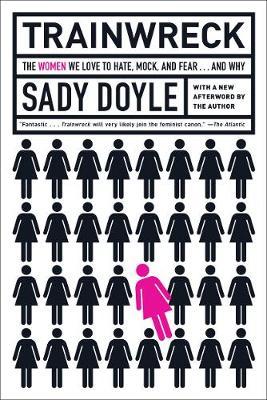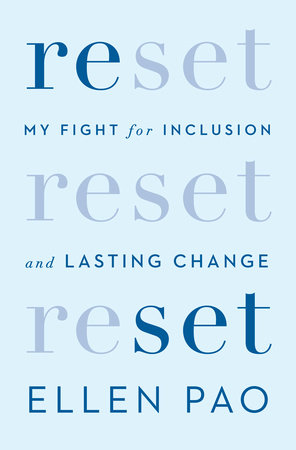Mutants by Armand Marie Leroi
Written by Ashley Kelmore, Posted in Reviews
Three Stars
Best for: People with a strong science background but who maybe stopped studying it after high school or early college, so still get most of the basics but want some more specifics.
In a nutshell: Exploration of the causes of different genetic mutations in humans.
Line that sticks with me: N/A
Why I chose it: I was in a science and technology bookstore and the topic caught my interest.
Review: What causes our genes to act up? Why are some twins conjoined? Why do some people grow to be three feet tall, while others are much taller? Why are some covered in hair? This book seeks to explain, as the subheading suggests, “genetic variety and the human body.”
On paper, this book should have been great for me. It’s non-fiction and it involves medical issues. It has interesting illustrations. But I found parts of it to be a challenge to read, and it’s mostly because it’s over my head. The book has what appears to be accurate information, and author Leroi has obviously done a ton of research into the topic. But it feels more like a well-written text for a 200-level college course than a book that someone who hasn’t taken biology in well over 20 years can easy absorb.
That said, there were parts that were quite fascinating. I found the vignettes of individuals who had the particular genetic profiles being discussed in a given chapter to be interesting. Nearly all are about people from centuries past (I don’t recall any contemporary ones), I suppose perhaps to avoid creating some challenges for people who are still alive.
I’m still unsure about the title. I think I associate the word with the X-men now, or with something negative, when in reality the genetic differences Leroi discusses are often value neutral. Leroi has the challenge of walking the line between sensationalizing the lives of people who were often, in the past, treated poorly and providing information about what, at a cellular level, brings these genetic difference about. To that end, I think both the title and the cover miss the mark a bit.
If the book sounds interesting but you’re hesitant because you think it might be too full of jargon for you, I suggest skipping the chapter on Limbs. I think that was the wordiest for me, and the least interesting. It’s also where I almost gave up, but I’m glad that I pushed through to finish it.





